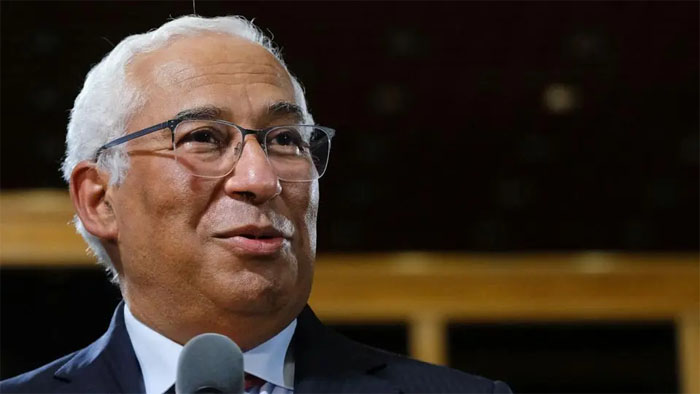(3 minutes read)
Prime Minister of Portugal António Costa visited Angola and had extensive discussions with his Angolan counterpart João Lourenço. In the presence of both leaders, ministers from both countries signed a total of 13 agreements ranging from collaborations in the financial sector to tie-ups in legal areas to embolden Angola’s anti-corruption strategy
Prime Minister of Portugal António Costa visited Angola and had extensive discussions with his Angolan counterpart João Lourenço. In the presence of both leaders, ministers from both countries signed a total of 13 agreements ranging from collaborations in the financial sector to tie-ups in legal areas to embolden Angola’s anti-corruption strategy.
Importantly, the Portuguese prime minister announced a significant increase in the credit line granted to Angola to meet its commercial and investment needs. The line credit increased from Euro 2 billion to Euro 1.5 billion for a specified time. The length of the cooperation will be until 2027.
Angola is an ex-colony of Portugal. Even after the Independence, Angola continued its economic relations with the ex-colonizer. Importantly, the southern African country is a member of the Organization of Petroleum Exporting Countries (OPEC). It is subject to OPEC’s direction regarding oil production levels. Its oil production output is around 1.16 million barrels per day (bpd).
Read Also:
https://trendsnafrica.com/a-new-photovoltaic-solar-power-plant-is-coming-onstream-in-angola/
https://trendsnafrica.com/france-and-angola-to-strengthen-partnership-in-food-and-energy-sector/
Angola imports mainly machinery, vehicles, spare parts, medicines, food, textiles, and military goods. Angola’s main trade partners are China (more than 60% of exports and 15% of imports), India, the European Union (Portugal, Spain), and the United States. Most of the FDI in Angola comes from the Netherlands, France, China, Portugal, and Brazil.





